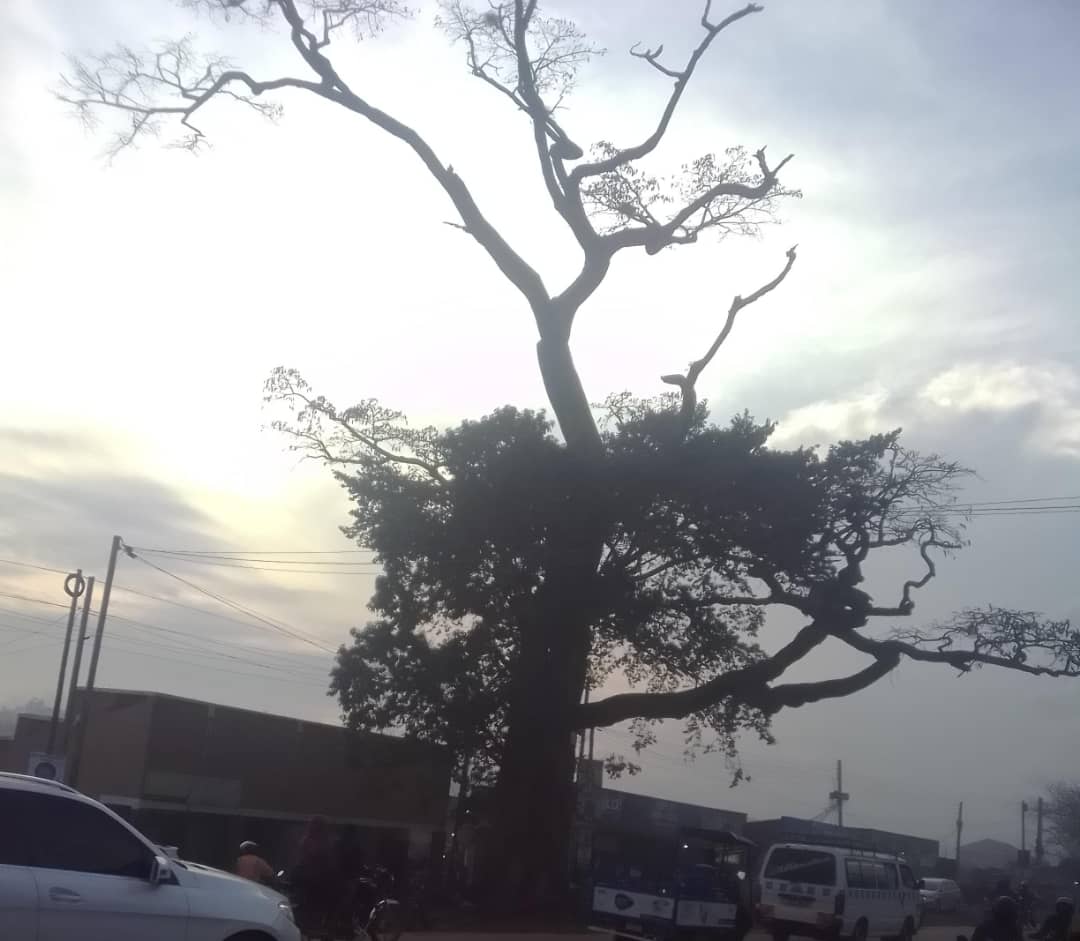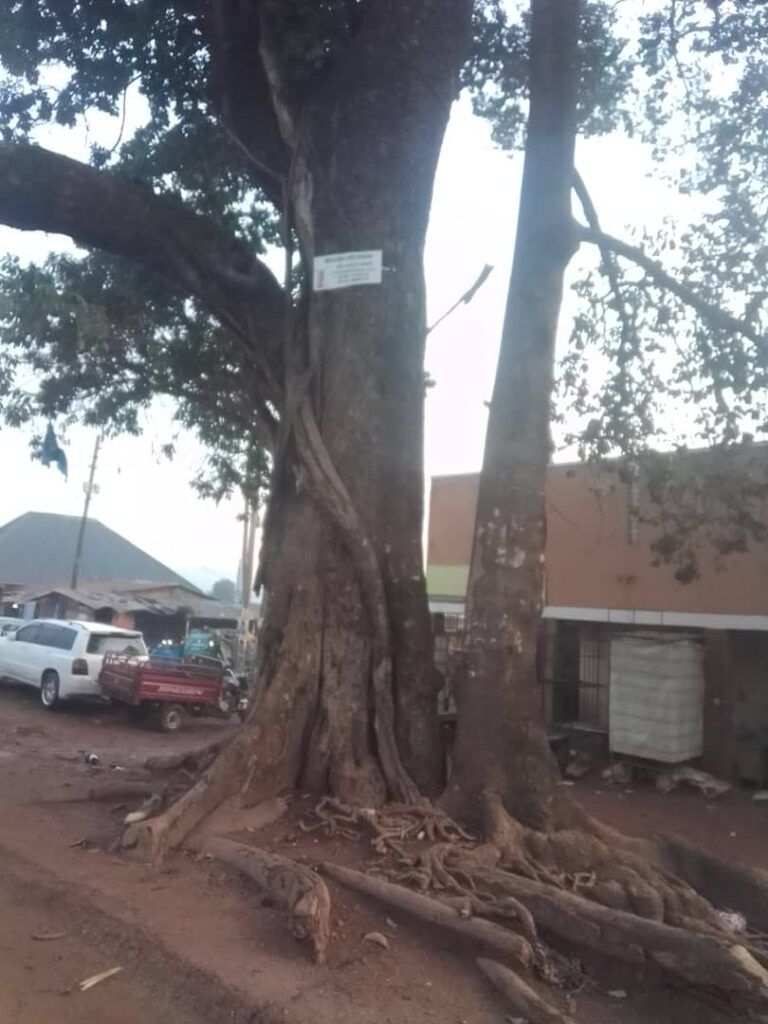
 Tiger FM
Tiger FM

 Tiger FM
Tiger FM
21 November 2025, 9:58 am

By Ronald Ssemagonja
The Ministry of Water and Environment has projected that Uganda’s greenhouse gas emissions will continue rising by 2030, as the country grapples with the impacts of climate change. Experts define climate change as long-term shifts in temperatures and weather patterns, often accelerated today by human activities such as deforestation, charcoal burning, and poor handling of oil and gas resources. Environmental reports indicate that in Uganda, reckless human activity has been the main driver of climate change since the late 1800s.
To counter these effects, climate specialists have consistently urged Ugandans to plant trees, especially in areas where deforestation is rampant. One of the most notable cultural institutions championing this cause is the Buganda Kingdom. The Katikiro, Charles Peter Mayiga, has repeatedly encouraged the Kabaka’s subjects to take tree seedlings with them when attending traditional marriage ceremonies, a practice that has steadily gained traction and made a positive impact.
Nassa Shamim, a Muganda from the Nte clan, shared how meaningful this tradition was during her introduction ceremony in Masaka City last year. She recalled the moment her in-laws were asked whether they had brought tree seedlings, a requirement her family took seriously. “I felt so good when they confirmed they had brought the seedlings. It showed respect for the kingdom’s call,” she said.
Shamim’s father, Kakooza Jamir, an environmentalist, requested a mahogany seedling as his special gift from the groom’s side. Unlike the commonly preferred fruit trees, he believed mahogany would make a lasting contribution to the environment. “Dad said the mahogany tree can withstand challenges that other trees cannot, and that it absorbs harmful gases to produce fresh air,” she explained. The seedlings were planted after the ceremony and marked one year of growth this May. She advised that people should research tree types carefully and ensure proper planting, noting that seedlings can easily wither if mishandled.
Climate change advocate Senyonjo Adam, from the Nyonyi Nyange clan in Naguru, Kampala, believes that if other cultural institutions adopt Buganda’s approach, Uganda could significantly reduce climate-related challenges within the next decade. He noted that most cultures already have marriage traditions that families respect, making it easier to integrate environmental practices such as gifting or planting trees. “If cultural leaders in Northern, Western, and other parts of Uganda embrace this initiative, a lot can be achieved,” he said.
Cultural institutions in Uganda continue to hold strong influence among their communities. Environmentalists argue that if these leaders use their authority to promote conservation, the country could make substantial progress in mitigating climate change.